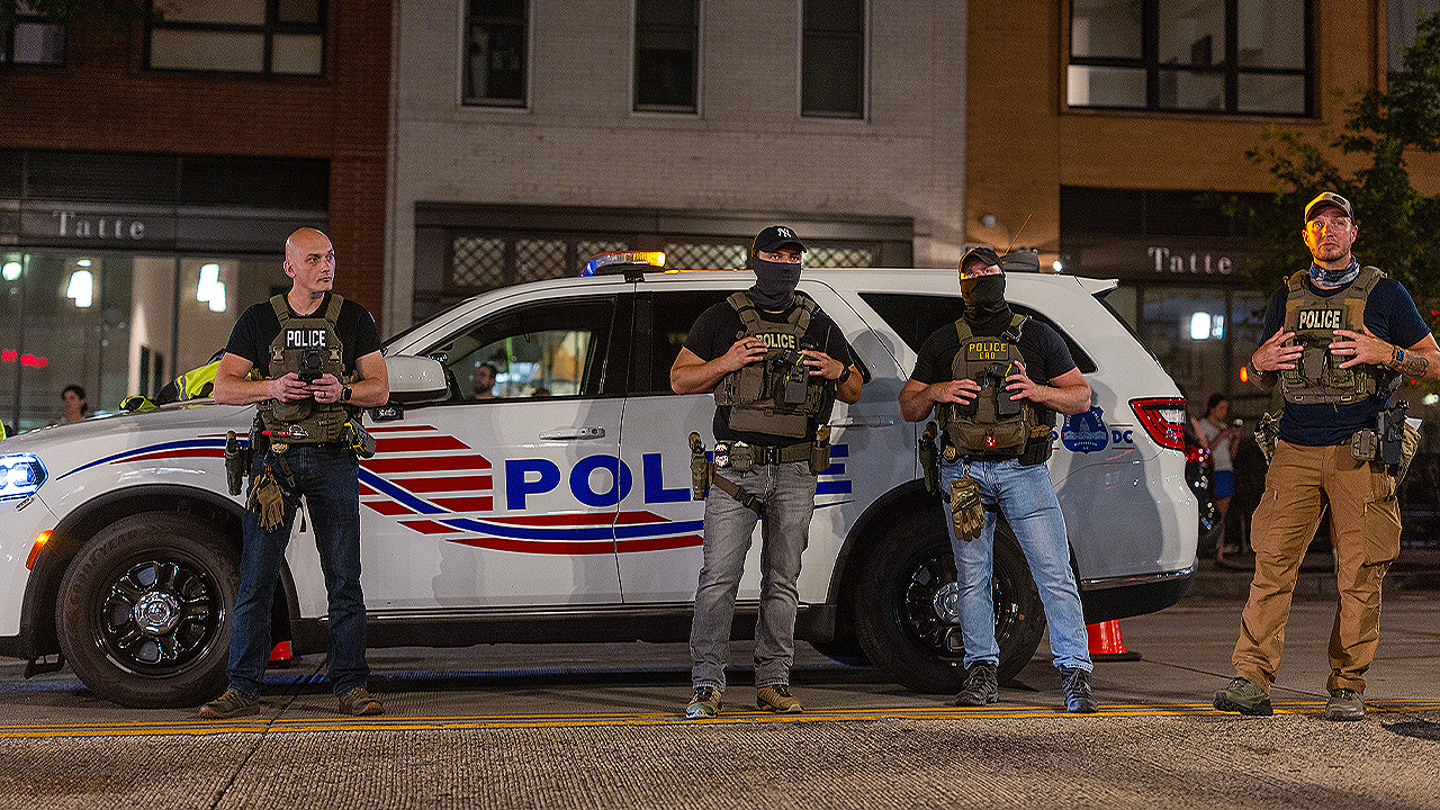
Warriors' Steve Kerr claims 'misinformation' in media dividing Americans after CBP-involved shooting
Entities mentioned:
- Steve Kerr: Righteousness, Unity, Moral outrage
- Media: Greed, Influence, Control
- American Public: Anxiety, Wariness, Fear
- Minneapolis Residents: Unity, Grief, Determination
- Law Enforcement: Duty, Security, Control
Article Assessment:
Credibility Score: 70/100
Bias Rating: 45/100 (Center)
Sentiment Score: 30/100
Authoritarianism Risk: 35/100 (Generally Democratic)
Bias Analysis:
The article presents multiple perspectives, including Kerr's critique and law enforcement's stance. While it leans slightly left by highlighting Kerr's views, it maintains balance by including official accounts of the incidents.
Key metric: Social Cohesion Index
Let me tell you something, folks - this story is a GAME-CHANGER! We're seeing a major player, Steve Kerr, stepping up to the plate and calling out the media's playbook. He's accusing them of running a divide-and-conquer offense against the American people! This is fourth quarter stuff, and Kerr's not pulling any punches. He's showing real championship mentality by appealing to our national team spirit and constitutional values. But make no mistake, the media's playing hardball, flooding the zone with what Kerr calls 'misinformation'. It's like they're running a full-court press on the truth, leaving the American public scrambling on defense. Meanwhile, Minneapolis is in the fight of its life, showing true team spirit in the face of adversity. This is CRUNCH TIME for our nation's unity, and Kerr's making a clutch play by emphasizing the need for us to rally together. It's a bold strategy - let's see if it pays off!

81% of Americans see crime as a 'major problem' in big cities, new poll shows
Entities mentioned:
- Donald Trump: Power, Control, Recognition
- American Public: Security, Fear, Justice
- Pam Bondi: Duty, Professional pride, Control
- Iris Tao: Security, Self-preservation, Recognition
- Anna Giaritelli: Justice, Security, Moral outrage
- Gregg Pemberton: Professional pride, Security, Control
Article Assessment:
Credibility Score: 65/100
Bias Rating: 75/100 (Lean Right)
Sentiment Score: 30/100
Authoritarianism Risk: 70/100 (Authoritarian Tendencies)
Bias Analysis:
The article leans right, evidenced by its focus on Trump's actions and positive framing of his crime policies. It predominantly features perspectives supporting Trump's approach, with limited counterbalancing views.
Key metric: Crime Rate
As a social scientist, I analyze that this article highlights a significant public concern over crime rates in major US cities, with a strong emphasis on the Trump administration's approach to law enforcement. The poll data suggests widespread anxiety about crime across political affiliations, though with varying levels of support for Trump's methods. The personal anecdotes and support from law enforcement officials reinforce the narrative of a crime crisis, potentially influencing public perception and policy decisions. The federalization of local police forces represents a significant shift in crime-fighting strategy, which could have far-reaching implications for federal-state relations and civil liberties.

RFK Jr. Mandates All Americans Drink Mysterious Glowing Liquid
Entities mentioned:
- Robert F. Kennedy Jr.: Power, Influence, Righteousness
- Department of Health and Human Services: Control, Duty, Professional pride
- American public: Wariness, Anxiety, Self-preservation
- Medical researchers: Skepticism, Professional pride, Duty
- Government regulators: Control, Duty, Security
Article Assessment:
Credibility Score: 25/100
Bias Rating: 40/100 (Lean Left)
Sentiment Score: 30/100
Authoritarianism Risk: 75/100 (Authoritarian Tendencies)
Bias Analysis:
The article leans slightly left, mocking anti-establishment health views often associated with right-wing politics. However, its satirical nature somewhat obscures its political stance, making it less overtly partisan.
Key metric: Public Health and Safety
As a social scientist, I analyze that this satirical article highlights potential risks of unchecked authority in public health decision-making. It critiques the real Robert F. Kennedy Jr.'s controversial stance on vaccines and alternative medicines by exaggerating it to absurd levels. The fictional mandate to consume an unidentified substance plays on fears of government overreach and medical misinformation. This could impact public trust in health institutions and potentially lead to decreased adherence to legitimate public health measures.

2 reasons Trump calling in troops in DC is so extraordinary
Entities mentioned:
- Donald Trump: Power, Control, Legacy
- Washington, DC Metropolitan Police Department: Duty, Security, Professional pride
- National Guard: Duty, Security, Obligation
- Former Trump administration officials: Wariness, Duty, Self-preservation
- American public: Security, Freedom, Wariness
Article Assessment:
Credibility Score: 75/100
Bias Rating: 40/100 (Lean Left)
Sentiment Score: 30/100
Authoritarianism Risk: 65/100 (Authoritarian Tendencies)
Bias Analysis:
The article leans slightly left, presenting a critical view of Trump's actions. While it includes factual information and some balanced reporting, the framing and language choices suggest a skeptical stance towards the administration's decisions.
Key metric: Civil Liberties and Rule of Law Index
As a social scientist, I analyze that this article highlights a significant shift in the use of military forces for domestic purposes under President Trump's administration. The deployment of the National Guard and the federalization of DC's police force for crime control, rather than in response to large-scale civil unrest, represents an unprecedented expansion of federal power in local law enforcement. This action could potentially impact the Civil Liberties and Rule of Law Index by blurring the lines between military and civilian law enforcement, potentially undermining local autonomy and raising concerns about the militarization of domestic policing. The article suggests that this move is not supported by crime statistics or public opinion, which could lead to increased tension between federal and local authorities, as well as between the government and citizens. This development may be seen as a test of institutional checks and balances and could have long-term implications for the balance of power between federal and local governments in the United States.